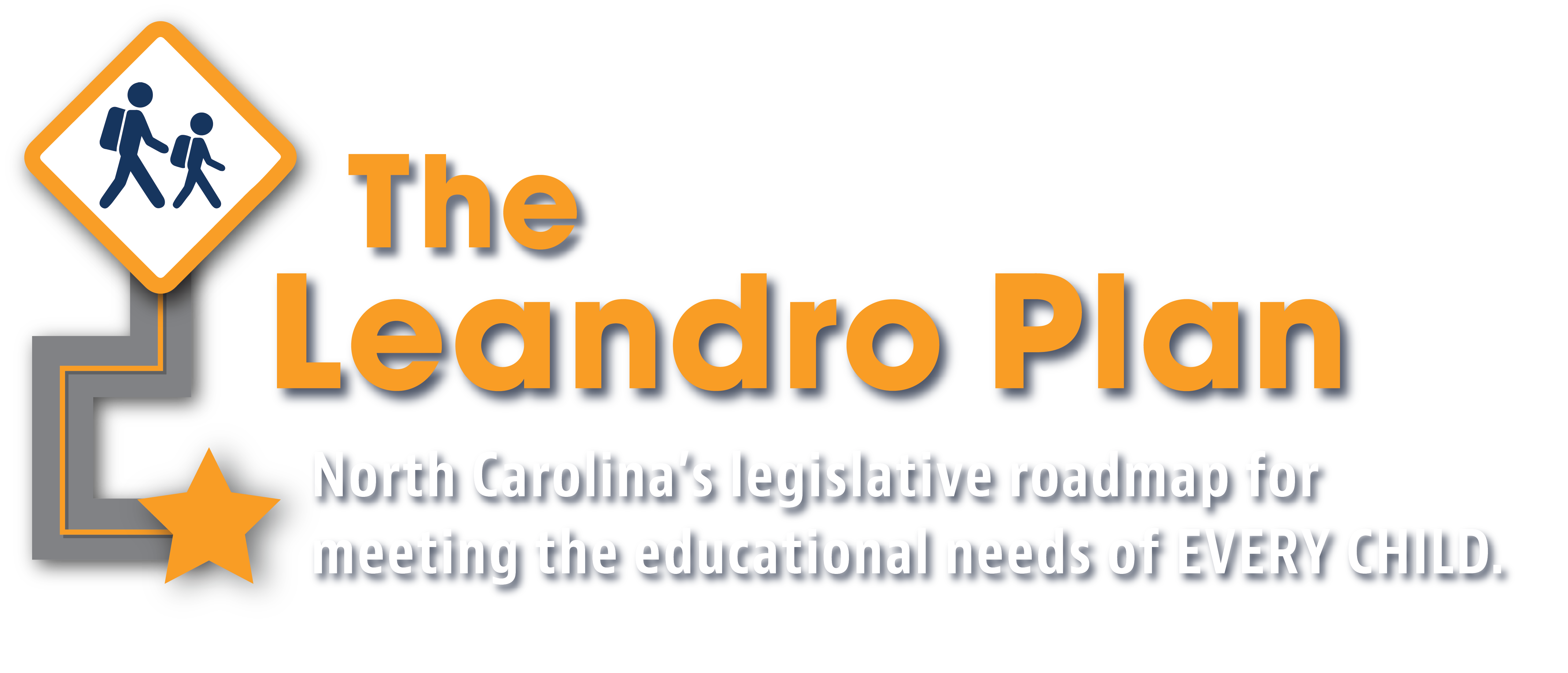How does the Leandro Plan benefit LGBTQ youth?


Like all students, LGBTQ youth thrive when they are provided with a safe, supportive environment in their schools. A safe, supportive school setting is particularly important to the estimated 60% of queer youth who live in homes that are not affirming.
While some schools are succeeding on this front, many more are not. The Leandro Plan can help by providing districts the resources and guidance to make sure public schools are supportive communities for all students.
Many of the challenges faced by LGBTQ youth are reflected in negative mental health outcomes. Nearly half of high school students identifying as gay, lesbian, or bisexual report having seriously considered suicide in the past 12 months; this rate compares to 16% among students identifying as heterosexual. Nationally, 60% of youth who wanted mental health care in the past year were not able to get it.
These challenges are being exacerbated by the introduction of legislation targeting LGBTQ youth and by a small but vocal group of parents bent on banning books that affirm LGBTQ students’ humanity.
a schedule of polices to be adopted by the North Carolina legislature that eliminate the inequities and funding deficiencies that block children from receiving the sound, basic education guaranteed by the state constitution.
Providing funding to increase the number of support personnel, such as school nurses, psychologists, counselors, and social workers
Increasing the number of support personnel in schools will allow schools to better meet the social-emotional, behavioral, and physical health needs of their students. LGBTQ youth disproportionately lack access to physical and mental health services.
Increasing overall funding
The Leandro Plan proposes increasing per-student state spending by more than 40 percent. Studies in the past 20 years have consistently found that similar court-ordered increases in school spending improve academic outcomes and attainment, boost lifetime earnings, and improve intergenerational social mobility.
Creating enriching school experiences
With additional funding, all schools will be able to provide the advanced courses, electives, arts programming, field trips, clubs, and after-school activities that help students flourish while making schools more engaging and joyous.
Expanding community schools
Community schools partner with community agencies and local government to provide an integrated focus on academics, health and social services, youth and community development, and community engagement. Such schools can improve access to health care services to LGBTQ youth. The Leandro Plan would expand the number of community schools by funding a community school coordinator position at high-poverty schools and providing technical support to districts implementing such models.
Prioritizing culturally-affirming curricula and teaching practices
For too long, school curricula have prioritized content that overlooks the contributions and viewpoints of LGBTQ youth. The Leandro Plan can help schools select culturally-responsive curriculum resources and prepare teachers to use those resources effectively.

Communities for the Education of Every Child NC

Comunidades para la Educación de Cada Niño NC
We are a community-led, statewide coalition of organizations, parents, teachers, and students who advocate for every child’s constitutional right to a sound basic education.
Somos una coalición estatal dirigida por una comunidad de organizaciones, padres, maestros y estudiantes que abogan por el derecho constitucional de cada niño a una educación básica y sólida.
